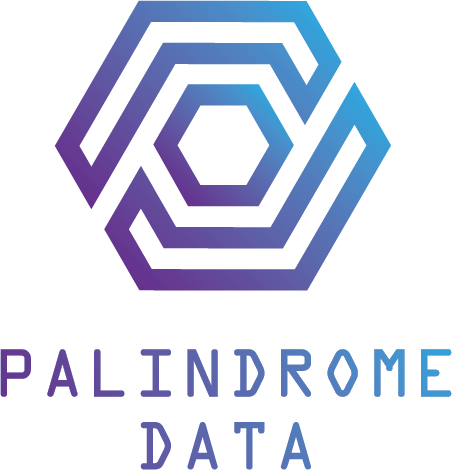An outsider’s perspective on the inability to leverage private sector gains
Joining Palindrome and shifting my attention from big tech and financial services to “global development” has left me with whiplash. I’m really struggling to come to terms with development’s inability to grasp the gains being shared openly by the private sector. It’s an awful waste of groundbreaking research on the one side and good intentions on the other.
Post-Cambridge Analytica, we are naturally all feeling a little nervous about big data and predictive analytics. Some have become so overly-cautious that they indefinitely postpone or withdraw from efforts to catch up with the private sector.
Instead of regressing, how about we use this as a moment to take stock of what responsible data practices already exist and how they can be adapted for global development?
The thing is, you could be doing something equally misguided by just sitting on valuable, untapped insights that have the potential to improve people’s quality of life. With the availability and low-cost of computer processing, mass storage, and open-source machine learning libraries, it is alarming that the development community isn’t doing more (despite lots of hype).
These techniques are disrupting entire industries such as logistics, retail, and medicine. AI is spawning entirely new customer-centric services, tailored to consumers’ every whim and sometimes unconscious desires — think digital personal assistants, shopping recommendations, and matchmaking.
The private sector has personalized AI beer (“Beer 2.0” 🙄), while the development sector is still struggling to use transaction data for real-time monitoring.

